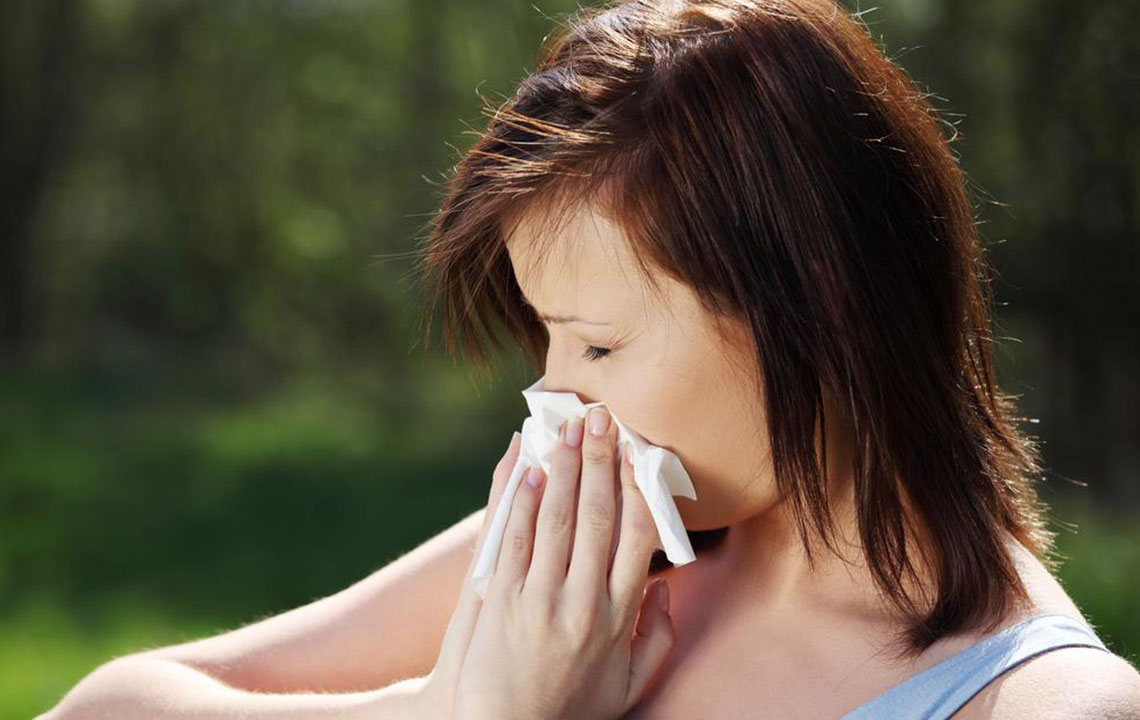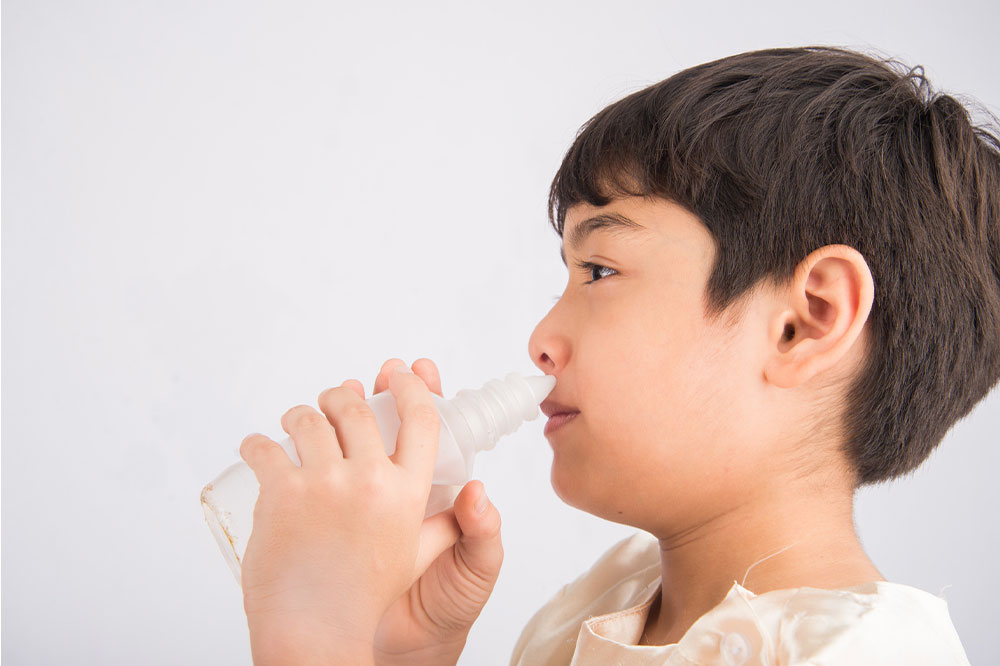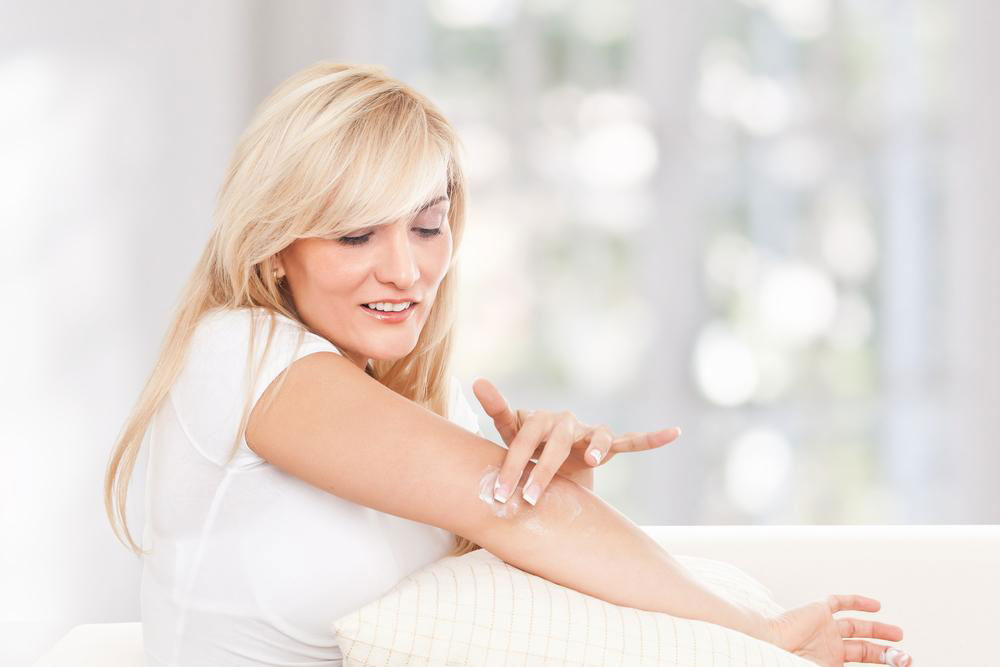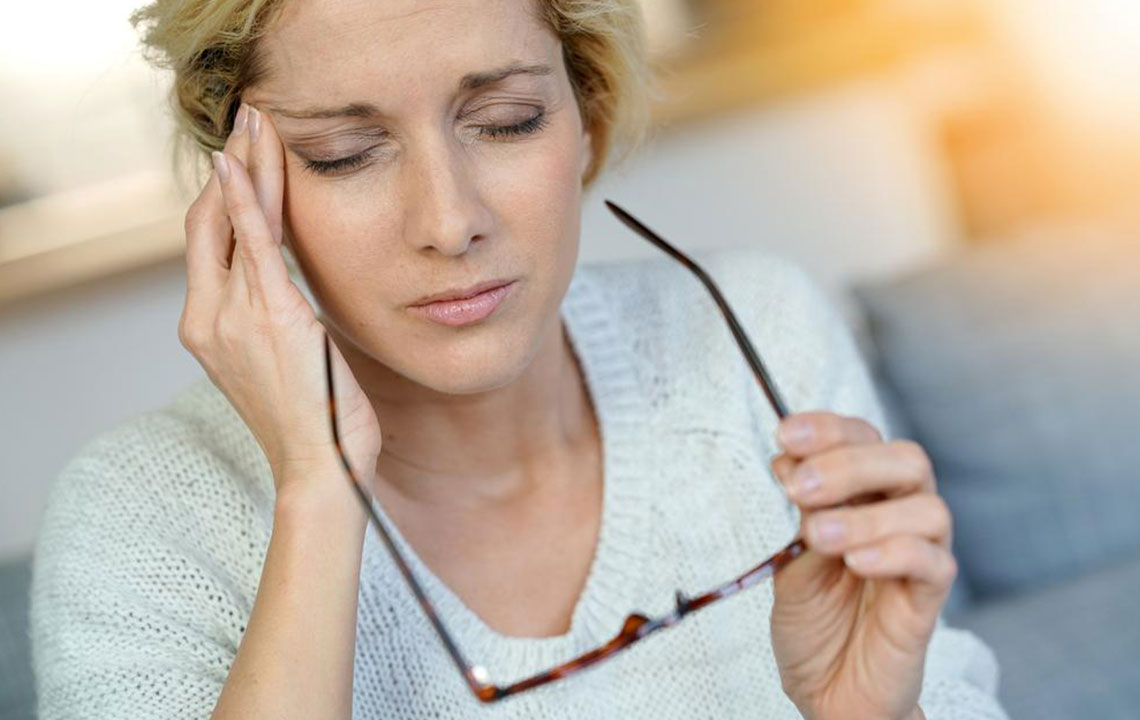Effective Strategies to Relieve Itchy Scalp Discomfort
This article offers practical tips and natural remedies to alleviate itchy scalp caused by various conditions. It covers common causes such as dandruff, fungal infections, and skin conditions, alongside treatments including medicated shampoos, lifestyle changes, and effective home remedies. By understanding the root cause and applying appropriate solutions, individuals can soothe scalp discomfort, improve hair health, and prevent further irritation. Maintaining hygiene and seeking medical advice when necessary are emphasized for successful relief.
Sponsored
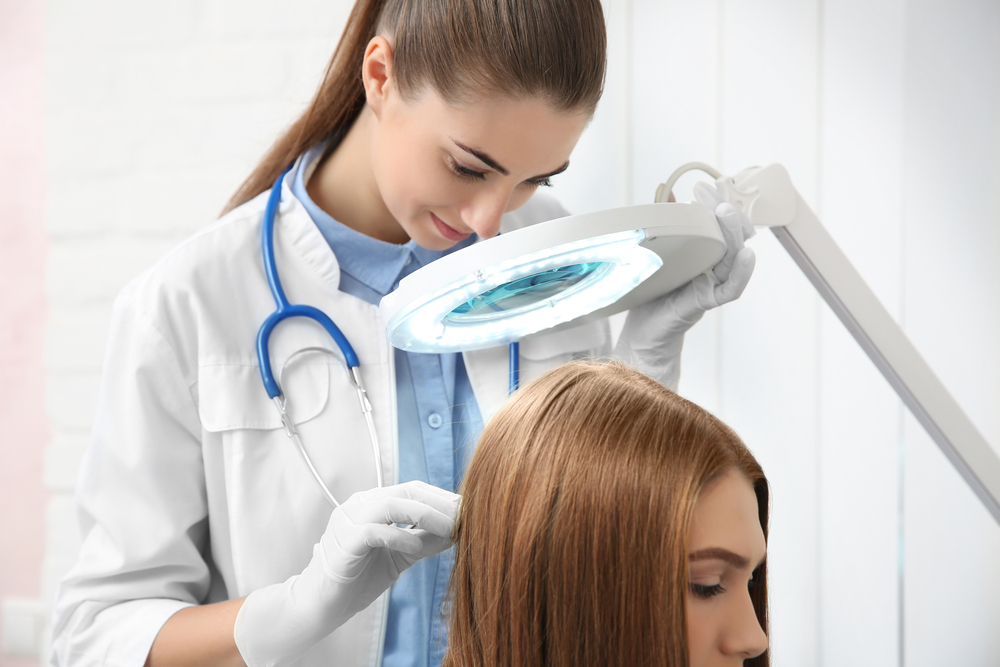
How to Alleviate an Itchy Scalp
Tips to soothe an itchy scalp
Experiencing an itchy scalp during social events can be embarrassing. Many people, both teenagers and adults, suffer from scalp itching caused by dry skin, excessive sweating, or fungal issues. While dandruff is a common culprit, other factors like infections, skin conditions, or poor hygiene can also cause discomfort.
Common causes of an itchy scalp
Dandruff
Cyst formations on the scalp
Headlice infestations
Sunburned scalp
Psoriasis
Seborrheic dermatitis
Cradle cap (found in infants)
Scalp ringworm
Neurogenic excoriation
Acne on the scalp
Bacterial folliculitis
Shingles
Chickenpox
Fungal infections like tinea amiantacea or lichen planopilaris
Allergic contact dermatitis
Dry, flaky scalp due to hygiene issues
Stress-related scalp issues
Remedies for an itchy scalp
Treatments vary based on the underlying cause. Regular scalp cleaning with gentle or medicated shampoos containing tea tree oil, zinc pyrithione, or salicylic acid can combat infections and reduce itching. Sunburned scalps may benefit from apple cider vinegar application and sun protection. In cases like cysts, steroid injections or surgical removal are options.
Head lice can be eliminated with anti-lice shampoos, oils, and powders containing permethrin, lindane, or malathion.
Conditions like lichen planus respond well to steroid treatments, while dermatitis may require antihistamines and corticosteroids.
If dandruff or seborrheic dermatitis is present, avoid alcohol-based styling products, which worsen dryness. Regular sun exposure and reducing saturated fat intake from foods like milk and meat can also help control oil production.
Personal hygiene and prescribed medications are essential for effective relief.
Natural home remedies for scalp itchiness
Several kitchen ingredients can provide relief from scalp discomfort. These remedies are easy to apply and usually safe.
Lemon Juice - Offers antiseptic benefits, effectively treating dandruff when applied directly or mixed with yogurt before shampooing.
Baking Soda - Naturally exfoliates the scalp, helping to control dandruff and soothe dryness. Mix with water, leave on for 15 minutes, then rinse.
Tea Tree Oil - Known for its antifungal and anti-inflammatory properties. Add a few drops to shampoo or dilute with a carrier oil and massage onto the scalp.
Apple Cider Vinegar - Maintains scalp pH balance and fights infections. Mix equal parts with water and rinse after a few minutes.
Aloe Vera - Moisturizes and calms irritated skin. Apply the gel directly to the scalp and leave for some time.
Bananas - Nourishing and conditioning, they can help reduce dandruff. Mash with avocado, apply, and rinse after 30 minutes.
Witch Hazel - Useful against scalp irritation caused by hair coloring or heat styling. Mix with water and massage onto the scalp.
Sesame Seed Oil - Nourishes and heals dry scalp when warmed and left on overnight under a towel, then shampooed out.
If scalp issues worsen, with signs like persistent inflammation or infection, consulting a dermatologist is highly recommended.


